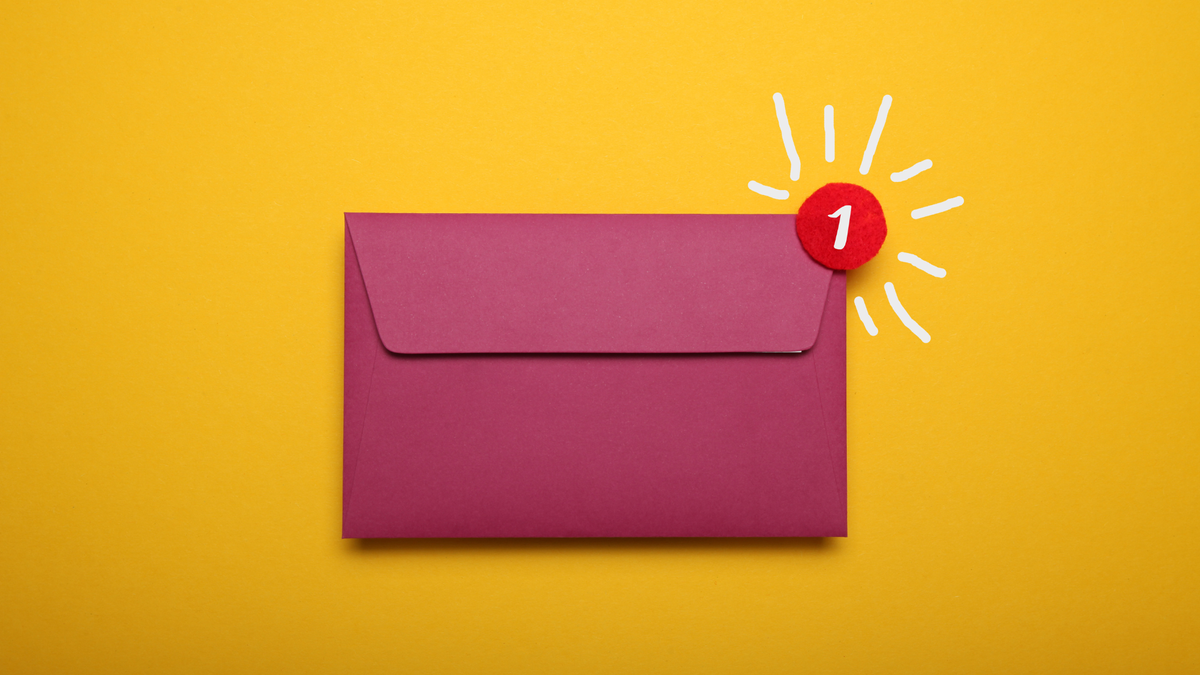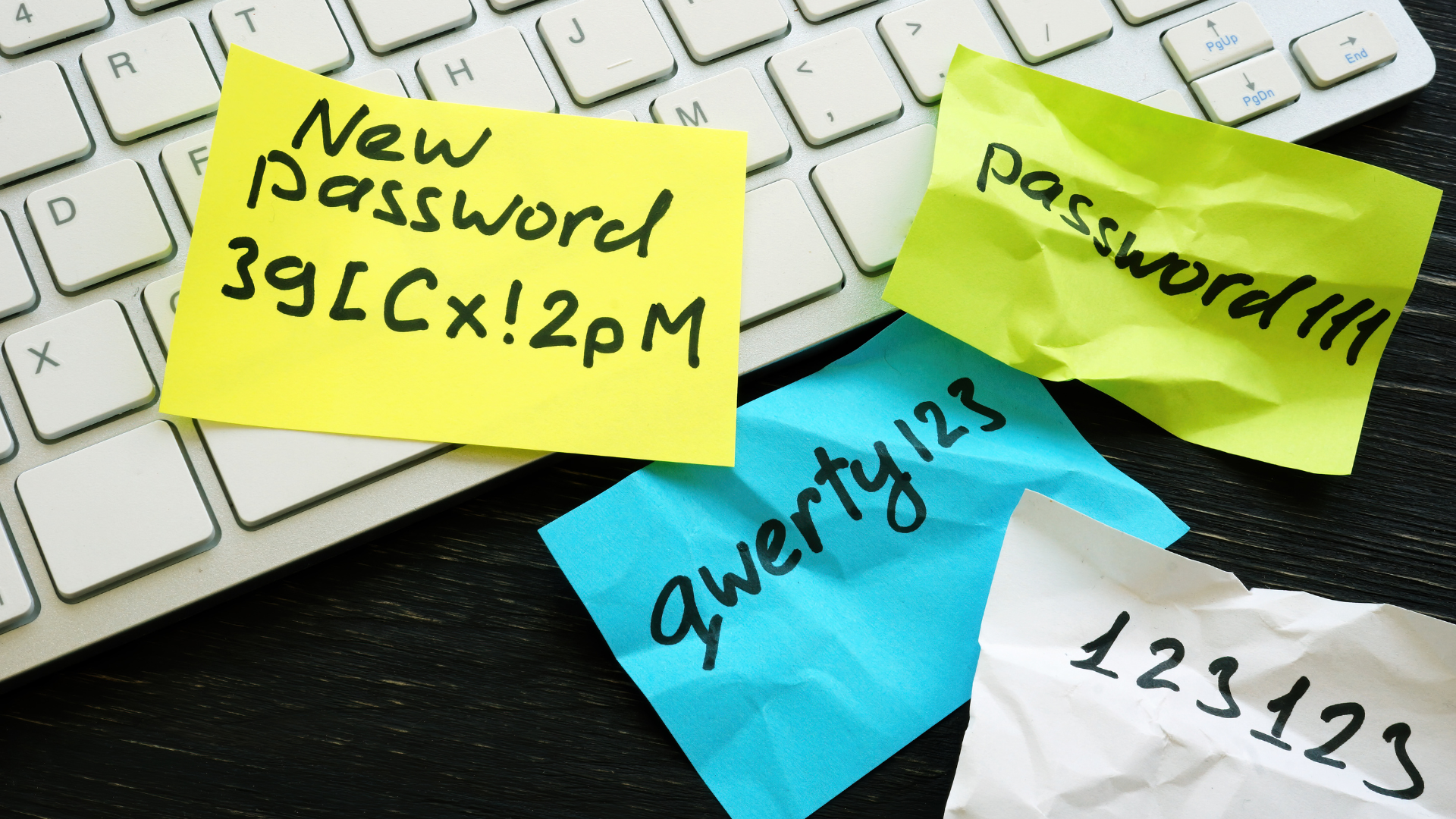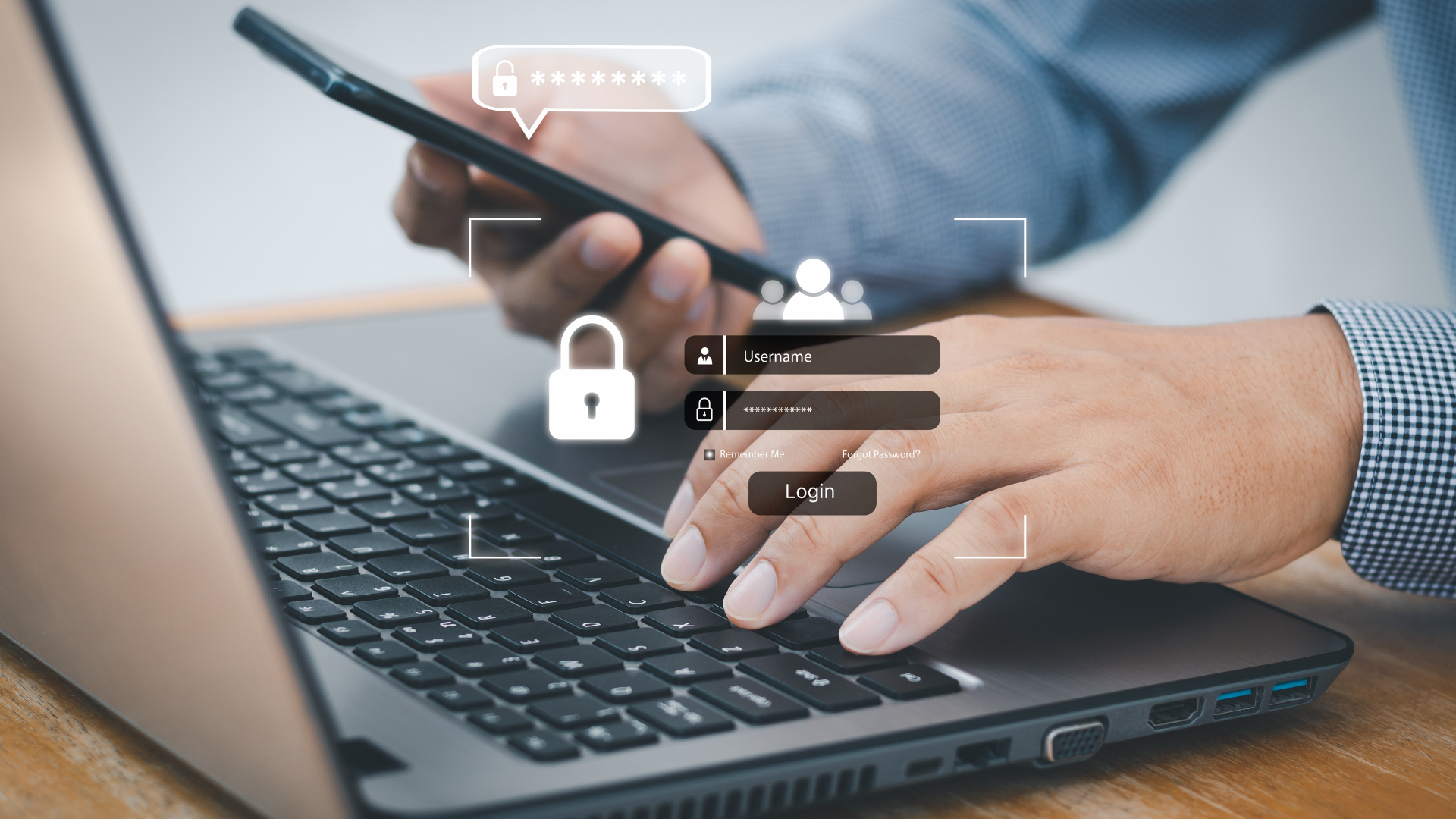Can Someone Get Personal Information from Your Email Address?

Email addresses are a gateway to vast amounts of personal and professional information. But how much can someone truly uncover with just an email address, and how can you protect yourself?
In this blog, we’ll explore:
- The types of personal information someone can retrieve from your email address.
- The risks and real-world implications.
- Practical steps to safeguard your email address and personal data.
The Value of an Email Address
Your email address is more than just a communication tool; it’s a digital key. It often links to your social media accounts, bank accounts, and online subscriptions.
Here’s what someone might uncover:
Publicly Available Information
Many people use their email addresses for social media profiles, which often include publicly visible information like:
- Full name
- Profile pictures
- Location
- Occupation
- Social connections
Linked Accounts
Hackers can use your email address to identify accounts it’s linked to, from e-commerce platforms to cloud storage services. If you’ve reused passwords, it’s a goldmine for cybercriminals.
Phishing and Social Engineering
By crafting convincing emails, malicious actors can trick you into revealing sensitive information like:
- Phone numbers
- Credit card details
- Passwords
Data Breaches
If your email address has been part of a data breach, tools like Have I Been Pwned? can show the extent of leaked information, such as:
- Passwords
- Security questions
- Addresses
Real-World Risks of Exposed Email Information
1. Identity Theft
Cybercriminals can piece together details from your email address and public profiles to impersonate you. This can lead to financial fraud or damage to your reputation.
2. Business Risks
For marketers, startup founders, and SMB owners, compromised email addresses can result in:
- Loss of client trust.
- Exposure of sensitive business strategies.
- Financial losses due to phishing scams.
3. Spam and Malware
Once your email is exposed, expect a surge in spam messages. Some may carry malware that infects your devices.
4. Credential Stuffing
Hackers use email-password combinations from breaches to attempt access to other accounts, assuming password reuse.
How to Protect Yourself and Your Business
Use Strong, Unique Passwords
A strong password is your first line of defense. Use tools like LastPass or 1Password to generate and store complex passwords.

Enable Two-Factor Authentication (2FA)
2FA adds an extra security layer by requiring a secondary verification method, such as a text message or authenticator app.
Monitor Your Email for Breaches
Regularly check if your email has been part of a breach using tools like Have I Been Pwned?. Change passwords immediately if your email appears in a breach.
Be Cautious with Public Wi-Fi
Avoid accessing sensitive accounts over public Wi-Fi networks unless you use a VPN (Virtual Private Network) to encrypt your connection.
Educate Your Team
For businesses, train your team on email security best practices to minimize risks. Conduct regular phishing simulations and workshops.
Use Disposable Email Addresses
For non-essential sign-ups or trials, use disposable email services like Guerrilla Mail to keep your primary email private.
Leverage Email Authentication Tools
If you run an email marketing campaign, implement tools like DKIM, SPF, and DMARC to ensure your emails are trustworthy and secure.

Conclusion
Yes, someone can get personal information from your email address, but the extent of the damage depends on how well you’ve secured your digital presence. For marketers, startup founders, creators, and SMB owners, email security is non-negotiable. By implementing the strategies outlined above, you can protect your email address, your business, and your reputation.
Remember, your email address is a key to your digital life—guard it like the treasure it is.
Start with Seamailer today and take your campaigns to the next level.

